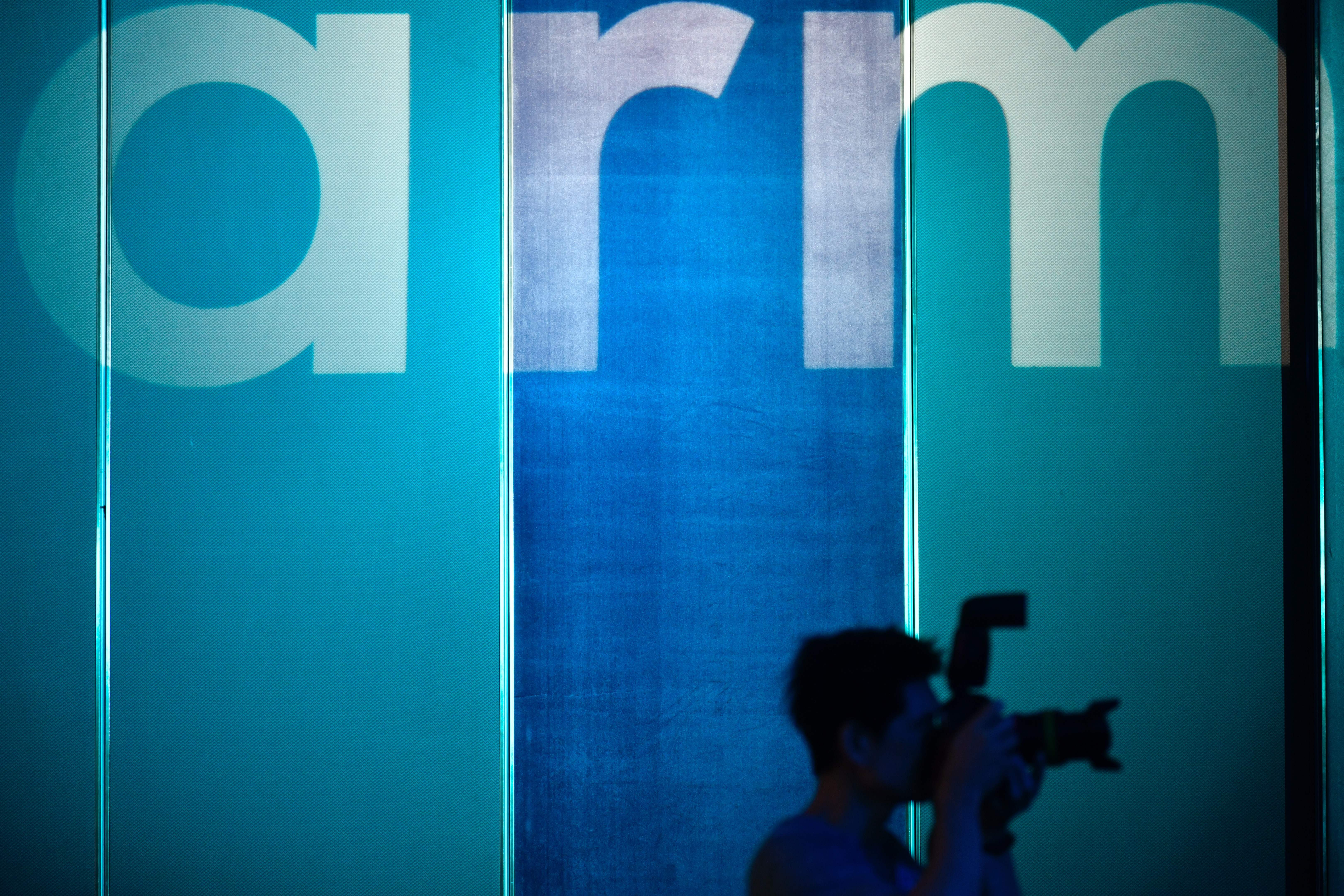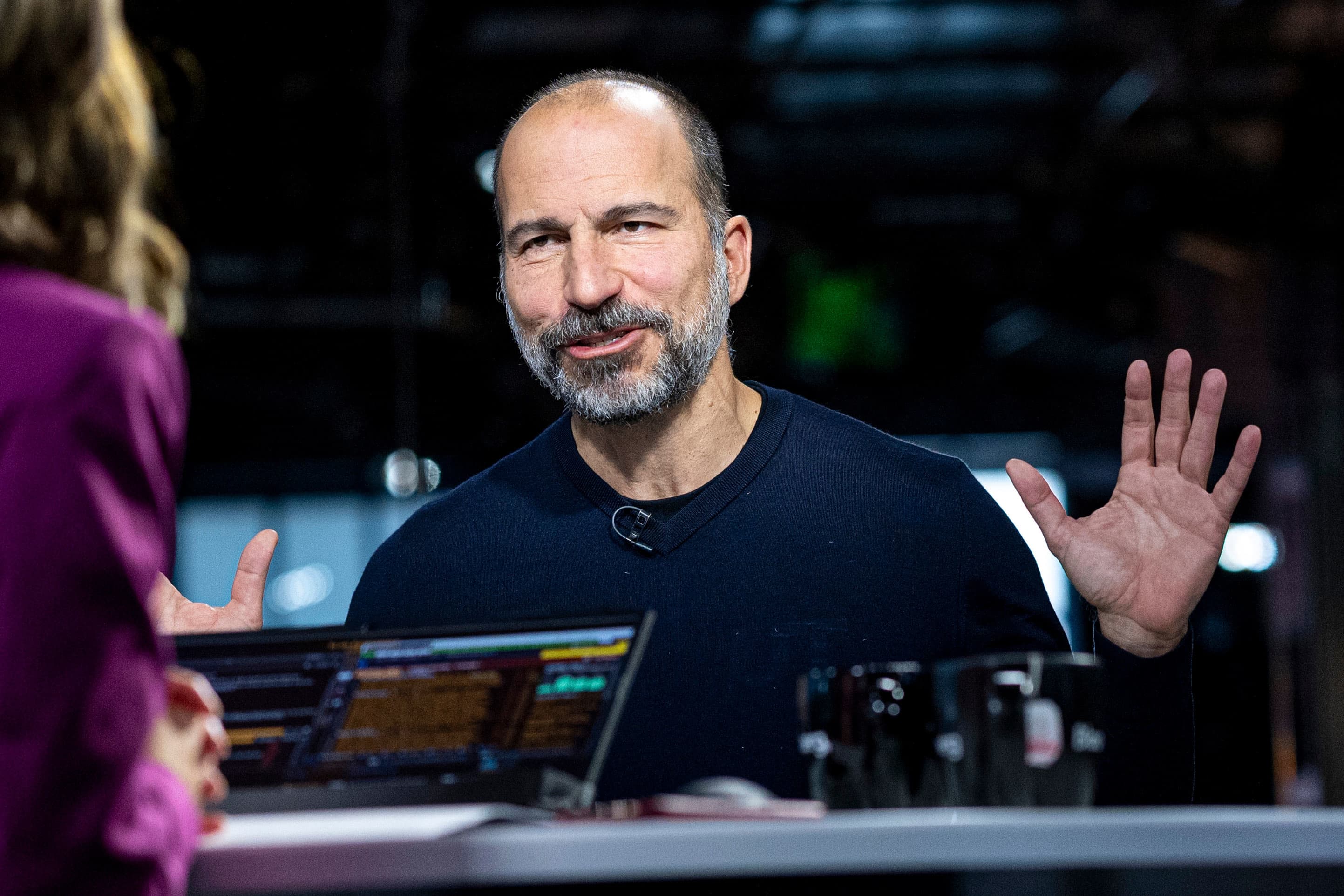Spotify is developing a remix feature to rival sped-up TikTok tunes
The tools could open new revenue streams for artists who otherwise wouldn’t see money from unauthorized remixes. | Cath Virginia / The VergeSpotify is working on some seemingly TikTok-inspired remixing features in its latest attempt to capitalize on the...
/cdn.vox-cdn.com/uploads/chorus_asset/file/25378907/STK088_SPOTIFY_CVIRGINIA_C.jpg)
Spotify is working on some seemingly TikTok-inspired remixing features in its latest attempt to capitalize on the social media platform’s explosive popularity. According to the Wall Street Journal, Spotify is developing tools that would allow paid subscribers to “speed up, mash-up, and otherwise edit” tracks from their favorite artists, which could then be saved for repeat listening.
One use case for the tools is to allow Spotify users to adjust the speed of the songs they listen to. These music modifications are already popular with teens and young adults on TikTok, with content analysis firm Pex finding that 38 percent of songs on the platform had their speeds or pitches modified in 2023, compared to 25 percent the year prior.
According to the WSJ, Spotify will likely make some of these more basic tools available via the standard Spotify Premium subscription that starts from $10.99 (or $5.99 if you’re a student). Anything fancier may otherwise be placed behind the more expensive “Supremium” tier, which is also expected to feature Spotify HiFi — its long-delayed lossless audio feature.
Artists and labels often don’t see any money from unauthorized song remixes as they’re hard to track down
While sped-up remixes on TikTok might be made in good faith — adding some variety and creative pizzazz to viral memes, trends, and dance routines — it’s also likely that these songs have been adjusted in an attempt to evade copyright protections or contractual disputes that would otherwise see the track removed from the platform. Either way, performers and labels often don’t see any money from these modified songs as they’re hard to trace. By contrast, Spotify’s approach could open new revenue sources for artists because remixes would be tied to the original recording.
Unauthorized remixes are hardly just a TikTok issue — in November 2023, Pex estimated that at least one percent of all songs on streaming services like Spotify, Apple Music, Deezer, and Tidal are modified audio. “We’re talking more than 1 million unlicensed, manipulated songs that are diverting revenue away from rightsholders this very minute,” said Pex’s senior VP of sales Larry Mills. “These can generate millions in cumulative revenue for the uploaders instead of the correct rightsholders.”
Spotify reportedly isn’t planning to make these user-generated remixes sharable on third-party services. Instead, the company is aiming to make it easier for artists to receive royalties or other compensation for their work, without having to release multiple versions of their music on the platform. Performers like SZA have already taken this approach, having released four additional versions — live, sped-up, instrumental, and a cappella — of her single, “Saturn” in February. Isabel LaRosa also released faster versions of her music after noting the trend on TikTok, with the sped-up version of “I’m Yours” attracting almost as many listens on Spotify as the original song.

 Lynk
Lynk 
































